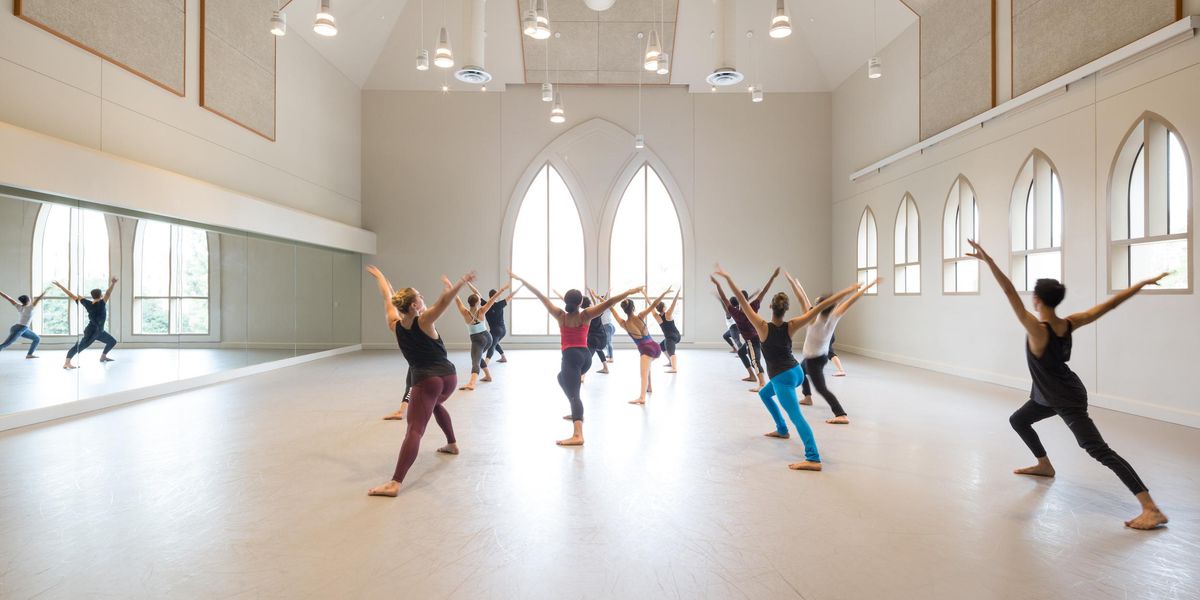Why I Dance: Sarah Lamb
Principal dancer with The Royal Ballet
PC Alice Pennefather, Courtesy ROH
Love is a struggle,
and so is my love of dance. It is not the same love that so many little girls think they have for ballet. That is a love of pink and puff, a desire to be a princess. That early concept of ballet is abandoned soon after the training actually starts and the realization sets in that ballet is much more than just “pink and pretty.”
The difficulty of ballet continues to grow throughout a dancer’s career. I dance out of need as much as love. If I don’t move through time and space to music something is absent from my life. Often I can’t hold myself back, and in my kitchen, a hallway, a public space I will start to dance—for me it is innate.
This love can also make us sad, profoundly sad. When we lose someone we love the absence is painful, the emptiness feels like a burning hole that won’t diminish. When I stop dancing one day I know that it will be like losing a part of myself, that this loss of identity will be incredibly hard to reconcile. Martha Graham said, “A dancer dies twice—once when they stop dancing, and this first death is the more painful.”
I experienced a version of this when I was seriously injured after a collision in a rehearsal studio. I spent 17 weeks on crutches and had two surgeries. I was told that I may not dance again. (To that physician, if I could see him again I would ask that he take at least an introduction to psychology course.) I felt so pathetic and worthless during my injury, and I knew that what was even worse was being sorry for myself. Why was I so terribly miserable when I knew an unlimited number of opportunities existed other than dance? But I wasn’t ready to give it up. There were many ballets that I still longed to perform, roles I yearned to embrace. In uniting my self-worth with my ability to dance, in forging such a strong identity as a dancer, I was completely lost without it. At first, this just made me feel more absurd that I was so neglectful of everything else in life, that I had become completely reliant on my career to feel justified as a member of society.
Dance can feel so vestigial; is it really relevant? Even as a capable dancer, I have thoughts of “What’s the point of ballet?” or “It’s not like any of us are saving someone’s life or eradicating malaria.” What I do, what I love, can feel so selfish and inconsequential. I have to remind myself that there is service in art, there is worth in expressing emotion and truth through the idiom of ballet and dance. Without art, theater, music and dance, the world would be an emotionless void and the highs and lows of life would be lost. If I can give anyone in the audience a feeling or thought they hadn’t had when they entered the theater, then I feel I’ve accomplished something. I love dance, but so do many others—and isn’t sharing love the greatest
success for humanity?
Kids Dance Outreach, a preventative program for at-risk youth based in Indianapolis.




